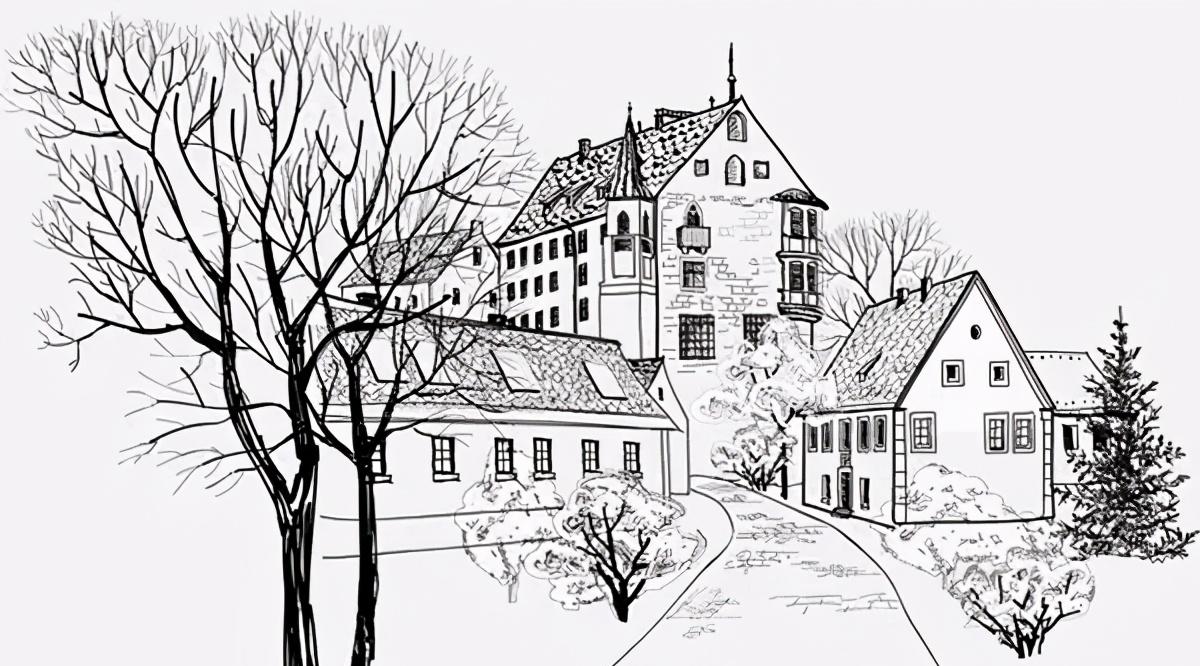"The Village" is representative of Faulkner's later works, the first part of the Snowps trilogy in the "Joknapatafa Lineage", the other two being "The Town" and "The Great House".
It is worth mentioning that although Faulkner wrote several novels based on family history in his lifetime, the Snopps trilogy is the only trilogy and the longest work.
The storyline of this book is not complicated, mainly about how Flem Snowps, the representative of the capitalist industry and commerce in the north, used a series of cunning and deceptive means to gradually conquer the village representing the southern culture, that is, the old French bay, from the political, economic, ethical and moral aspects.
Flem made a living in Old Frenchman's Cove near Jefferson Town in 1902, working first as a buddy in a grocery store run by WillVarner, who represented southern leaders, and gradually took over the store's accounts.

He then became a wealthy man in the village through opportunistic acts such as loan sharking and blacksmith shops, and threatened will Vanner's pregnant daughter Yula to marry, thus becoming an authoritative figure in the village.
At the end of the novel, Flem describes how Flem sold a group of wild horses to the local residents in disguise, disguised a wasteland as a place where treasure was buried, and sold it to the people of the village at a high price, and then left the area to march into Jefferson Town.
Because the novel "The Village" portrays the unscrupulous development of the Snowps family, the name Snowps is also included in the English dictionary, meaning "unscrupulous businessman or politician".
The success of "The Village" lies in the fact that Faulkner does not put himself in the position of a bystander for an objective narrative, but instead presents himself as a member of the village, and in the midst of laughter and anger, he has firmly tied his fate to the fate of the simple villagers.
In his voice, you can not only hear the simple country voice and the hearty laughter, but also feel the "heavy breathing, angry scolding, hoarse shouting, and painful moaning" in his voice.
In short, Faulkner uses all his body and mind to feel the attachment to his hometown, but also deeply thinks about the impact of social changes on the spiritual home of mankind, and he is lonely in the inseparable southern complex to find the local culture on which humanity depends for survival and the true sense of humanity that it has bred.
It can be said that "The Village" fully embodies Faulkner's deep sense of distress about the changes in American society at that time and his strong desire for the return of humanity.